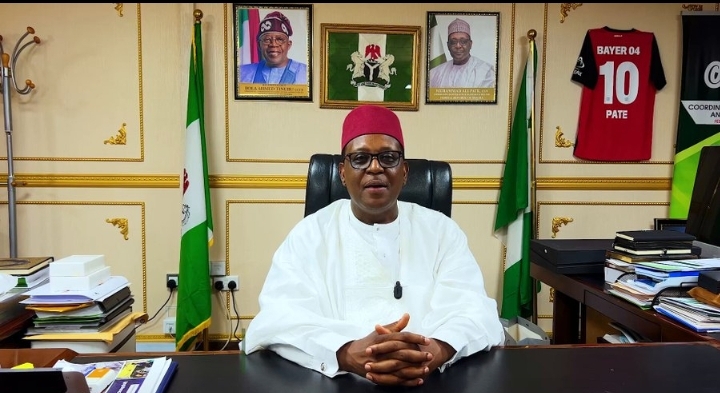With cancer remaining a leading cause of non-communicable disease-related deaths in Nigeria and globally, three cancer centres are set to be commissioned for public access in the next couple of days.
This move aims to improve Nigeria’s specialized healthcare system, with 500 clinicians to be trained, 2,000 cancer patients expected to be treated, and 350,000 people to receive diagnostic services yearly.
According to a Nairametrics publication on Sunday, this announcement was shared by the Coordinating Minister of Health and Social Welfare, Prof. Muhammad Pate’s X page.
Out of the six centres announced to be established in February 2024, the three centres to be opened are located at the Federal Teaching Hospital in Katsina, the University of Nigeria Teaching Hospital in Nsukka, and the University of Benin Teaching Hospital.
Prof. Pate described the initiative as an investment that will position Nigeria as West Africa’s largest network of oncology and diagnostic centres.
Read Also: Cancer in Nigeria: Where survival comes at cost
He said, “In the coming days, three newly built cancer centres will be formally commissioned by Mr. President and opened for public access.”
While marking President Bola Tinubu’s midterm, this development is being rolled out.
“The newly completed centres, located at the Federal Teaching Hospital in Katsina, the University of Nigeria Teaching Hospital in Nsukka, and the University of Benin Teaching Hospital, will bring the total number of such facilities to six across the country, ushering in a new era of specialized cancer care,” Prof. Pate noted.
The comprehensive initiative rolled out by the Federal Government aims to improve cancer care services across Nigeria, focusing on affordability, accessibility, and sustainability.
Health Minister Muhammad Ali Pate announced that select medical personnel are currently receiving specialized clinical and technical training in South Africa.
This is part of broader efforts to ensure that the newly established cancer care facilities are efficiently managed and maintained.
In a parallel move, the National Health Insurance Authority (NHIA) has introduced a targeted subsidy scheme for low-income patients undergoing radiotherapy.
Under this programme, qualified individuals can receive financial support of up to ₦400,000 to reduce treatment costs and enhance patient adherence.
Pate emphasized that these reforms align with President Bola Ahmed Tinubu’s Renewed Hope Agenda, signaling a commitment to making cancer treatment more accessible and standardized nationwide.
“We are dismantling longstanding barriers both on the supply and demand sides to ensure that quality, affordable cancer care becomes the national standard, not the exception,” he said.
In 2024, the government earmarked N37.4 billion in the national budget for the Ministry of Health’s oncology programme.
This funding will support the creation of six state-of-the-art cancer centres across federal tertiary hospitals, following President Tinubu’s approval of a nationwide scale-up of screening, diagnostic, and treatment infrastructure.
These reforms aim to reduce the reliance on medical treatment abroad and establish a stronger, locally available cancer care system.



